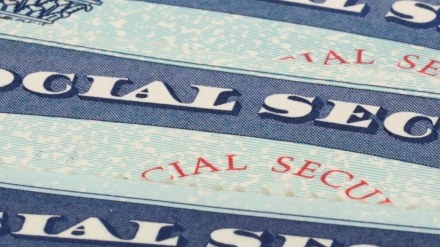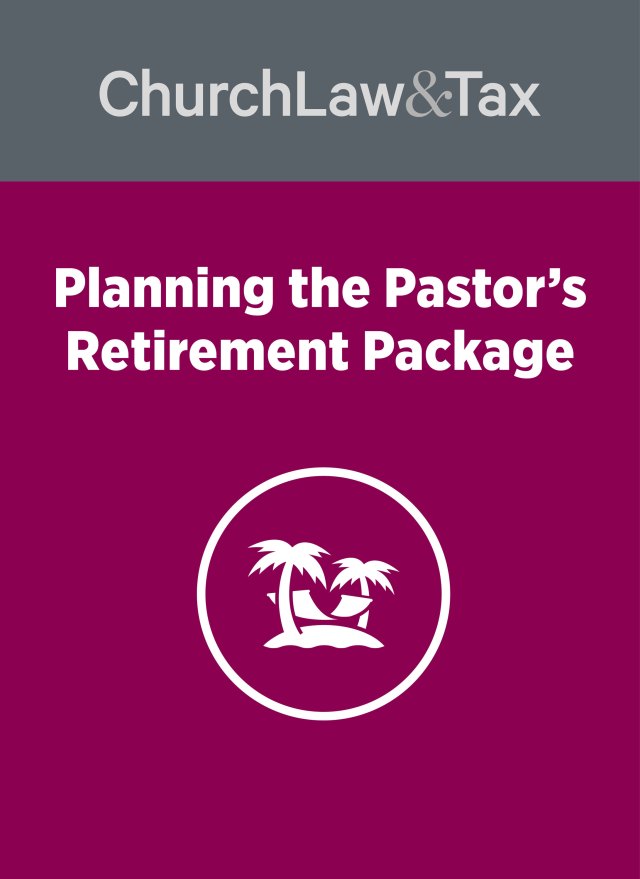When I was hired as a new pastor last year, I decided to opt out of Social Security. Now that I’ve learned more about the pros and cons of my decision, can I change it?
Understanding Social Security Opt-Out for Clergy
A minister’s earnings from performing ministerial duties are considered “net earnings from self-employment” under IRC Section 1402(a)(8). Due to this legal definition, ministers are treated as self-employed for Social Security and Medicare purposes—even if they are classified as common law employees for other employment tax purposes.
While a minister’s earnings are defined as self-employment income, ministers have the option to opt out of the system by filing Form 4361.
Criteria for Opting Out
- The minister must conscientiously object or religiously oppose the acceptance of public insurance benefits related to death, disability, old age, retirement, or medical care, including benefits under the Social Security Act [IRC Sec. 1402(e)(1)].
- The form must be filed by the due date of the minister’s tax return (including extensions) for the second year in which the minister earns at least $400 in self-employment income from ministerial services.
Once Form 4361 Is Approved
- The opt-out is permanent unless the IRS determines the form was incorrectly filed.
- Congressional approval is required for a minister to opt back into the system. Such opportunities have been rare, occurring only twice in the past 30 years.
Can a Minister Reverse the Opt-Out Decision?
Once Form 4361 is approved, the decision to opt out of Social Security is irrevocable under current laws. A minister cannot change their mind unless Congress passes legislation allowing it.
It’s important to note that any Social Security contributions from non-ministerial employment can still qualify for future benefits, provided the minister meets the eligibility requirements for being fully insured.
FAQs About Social Security Opt-Out for Clergy
What is the deadline for filing Form 4361? The form must be filed by the tax return due date (including extensions) for the second year in which a minister earns $400 or more from ministerial services. Can a minister opt back into Social Security? No, unless Congress provides an opportunity to do so. Such opportunities are rare. What happens to Social Security contributions from non-ministerial work? Earnings from other employment can be used to qualify for Social Security benefits if the minister is fully insured. Why is Form 4361 approval permanent? The approval signifies a minister’s religious or conscientious objection to public insurance, making it a lifelong decision unless the form was incorrectly filed or Congress intervenes.
Conclusion
Opting out of Social Security is a significant decision for clergy, one that cannot be reversed under current regulations. Ministers considering this option should weigh the long-term implications carefully and consult a tax professional or legal advisor for guidance. If you’re unsure about your eligibility or the consequences of opting out, seek expert advice to make an informed decision.





